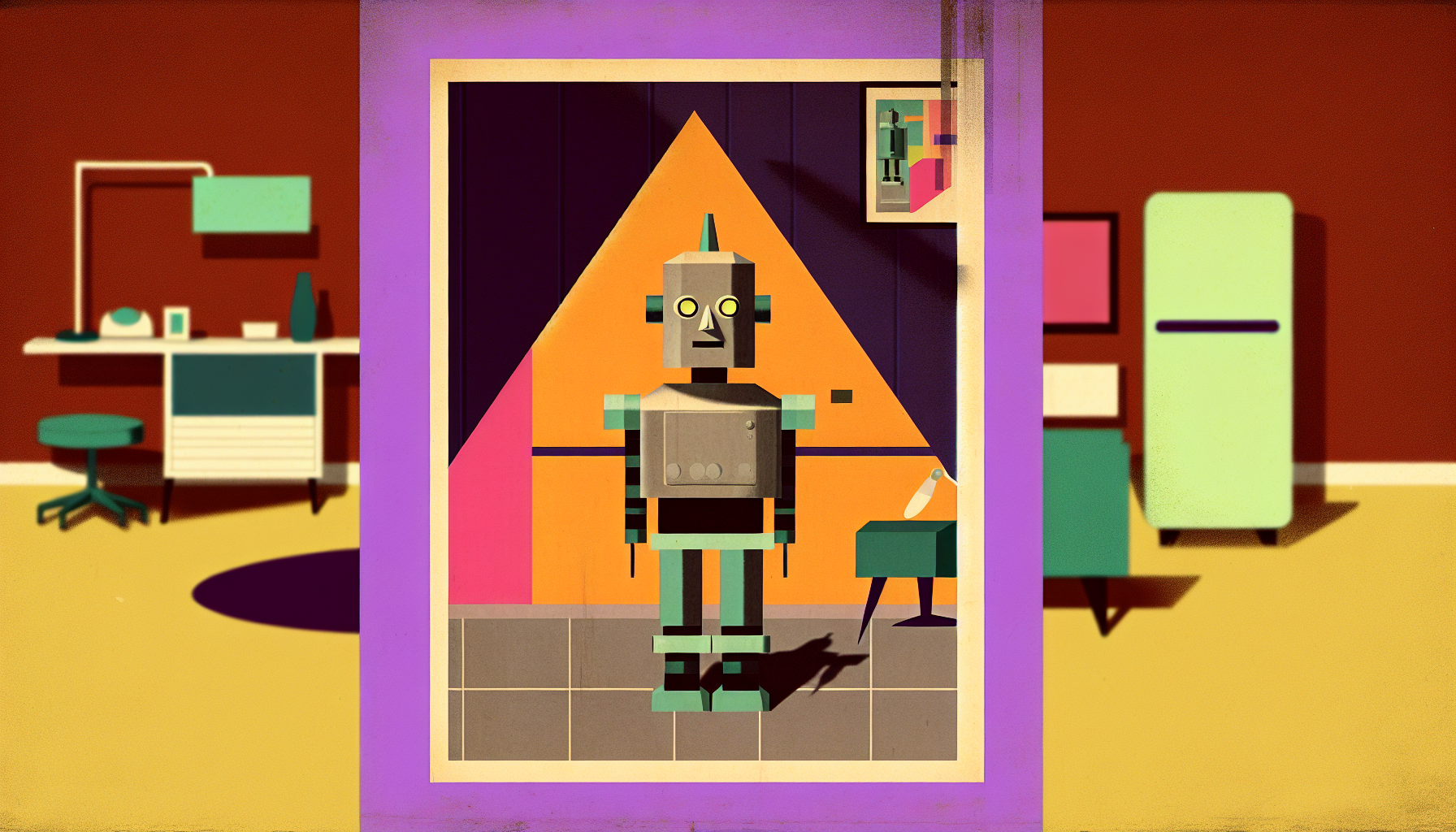There’s an aphorism that suggests technology is neutral. It’s neither good nor evil, but its morality depends on how humans wield it. As we stand on the brink of developing general artificial intelligence (AGI), this notion is being put to the ultimate test. AGI doesn’t just promise to be a set of advanced tools; it has the potential to fundamentally change our moral and ethical paradigms. It’s like building a roommate who is exceedingly clever, maybe even smarter than you, and wondering if they’ll inevitably wear socks with sandals—morally speaking.
When Algorithms Wear Morality Hats
It is intriguing that we’ve tasked ourselves with teaching a machine something as complex and nuanced as human morality. Humans themselves often disagree on moral and ethical norms. Ask three people if pineapple belongs on pizza, and you may find yourself in a heated debate. Now, think about teaching machines to discern right from wrong in decisions far more consequential than food preferences.
In the realm of AI, we’ve long embraced algorithms to guide machines’ decisions. But algorithms lack an inherent sense of morality—they follow logic and data. Consider the morally charged dilemma of autonomous vehicles needing to decide between crashing into a wall, risking the passengers, or continuing on course, endangering pedestrians. Who programs these life-and-death decisions? How do we ensure that machines uphold ethical values that reflect our better angels and not our baser instincts?
Moral Outsourcing: A Paradox
Asking AI to make moral decisions raises the specter of “moral outsourcing.” Imagine deferring complex ethical decisions to a machine refined by lines of codes from people who may or may not have had coffee that morning. Now, there’s a situation ripe for existential contemplation or, if you prefer, a half-smile at the quirky irony.
Outsourcing morality to machines could lead us to a paradox: the more we rely on AI to make moral decisions, the less we may feel responsible for the outcomes. A future where AI operates as a moral shield could, paradoxically, lead us down a slippery slope where accountability is diffused. After all, why take the blame when you can blame a string of zeroes and ones?
Enhancing Our Moral Compass
Yet, this outlook isn’t all ominous. AI also holds the promise to significantly enhance our moral framework. As AI systems process vast amounts of data far beyond human capacity, they can identify patterns and consequences of ethical behaviors that humans may overlook. Imagine a system designed to point out unconscious biases, a societal autopilot nudging us toward an egalitarian future.
Moreover, these systems could serve as mirrors reflecting our ethical standards, giving us insights into our collective morals. Used wisely, AI can act as a tool to refine our ethical codes, give us second chances, and trot us over to the judge for conscious recalibration—assuming, of course, that our pride isn’t too bruised by the prospect of learning from our digital progeny.
The Human-AI Ethical Partnership
As with human partnerships, working alongside AI will mean embracing each other’s strengths and weaknesses. Machines can handle intricacies of large datasets, whereas humans have the intuitive capacity to understand context, relationships, and cultural subtleties. Combine these and you have a team capable of more robust moral judgments.
The goal is to establish a symbiotic partnership where human intuition and machine precision come together, like the mathematical equivalent of peanut butter and jelly. Rather than relinquishing our moral agency, we should view machines as partners who help amplify it. This cooperative venture, though promising, also compels us to ask ourselves: Are we ready to learn from partners that we have created?
The Fear of an Ethical Future
With great power comes the great responsibility of engineering artificial intelligence that complements our moral compass. This might be an exciting chapter for humanity, but it also poses questions that echo outside the pages. What ethical framework do we even choose to program? Which culture sets the moral stake in the ground?
The fear isn’t merely that AI could one day possess a dark, unaligned morality. The greater apprehension resides in our capacity—or lack thereof—to wield such a fundamental transformation responsibly. We are, at the end of the day, still humans grappling with our diverse moral complexities, armed with a tool that could amplify both the good and bad in us.
AI, in many ways, reflects humanity itself: a patchwork of the calculated, the creative, and the unpredictable. It will mirror our finest points as long as we continuously strive to show them. It will also show our flaws, leading us toward evolutions of thought and society. Perhaps, like a seasoned philosopher savoring their morning coffee, we should take this AI-centric future moment by moment, understanding it’s less about where AI takes us and more about the paths we choose to walk with it.

Leave a Reply